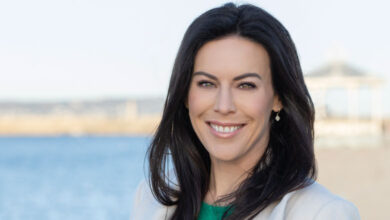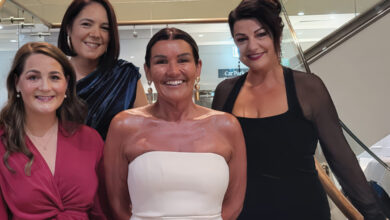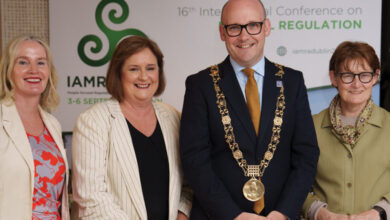Towards Ireland’s next suicide prevention strategy

Ireland’s next national suicide reduction strategy must put service integration, accessibility, and consistent quality of care at its centre, according to a consultation report published by the Department of Health.
The public consultation report, prepared to inform the Government’s next suicide prevention strategy, asserts that there is widespread support for a “proactive” and “coordinated” approach by government. 85 per cent of survey participants state that suicide reduction should be a high national priority.
The top-ranked recommendation (selected by 33 per cent) is to improve access to services and join them up more effectively; in second place came safer, higher-quality services.
Beyond this, respondents identified five overarching policy priorities:
- establishing accessible, high-quality care, particularly community-based options outside of hospitals;
- a need for systemic reform and better integration so that care pathways communicate across sectors;
- tailored interventions for groups at elevated risk, including Travellers, LGBTQ+ people, neuro-divergent individuals, and people bereaved by suicide;
- stigma reduction via education; and
- addressing upstream social determinants as part of a suicide-prevention strategy.
The consultation report also emphasises the role of lived experience expertise in designing and governing services. Respondents consistently call for people with direct experience of suicidality, self-harm, or bereavement to be embedded in all parts of policy formation and service delivery.
Context
Suicide remains a significant public health challenge in Ireland. The age-standardised suicide rate fell from 12.9 per 100,000 in 2000 to 9.2 per 100,000 by 2021, a reduction of nearly 28 per cent. Preliminary data suggests a rate of about 8.6 per 100,000 in 2022. For comparison, recent data from England and Wales shows a suicide rate of approximately 11.4 per 100,000, indicating that while Ireland’s rate is improving, there is still considerable ground to cover.
Ireland’s existing national framework, Connecting for Life, has delivered many gains; however, the public consultation responses suggest that the upcoming strategy must go further. Specifically, many respondents want more emphasis on prevention in community settings, and less reliance on hospital-centric or crisis-only models.
If you have been affected by suicide or distress, Samaritans Ireland can be contacted at +353 1 671 0071





